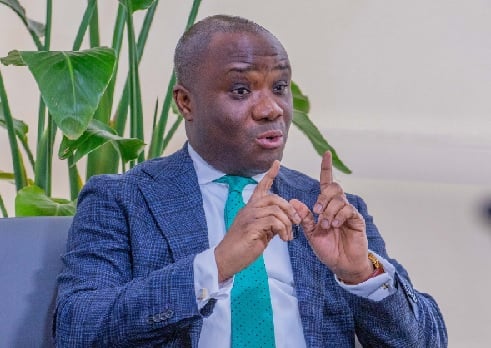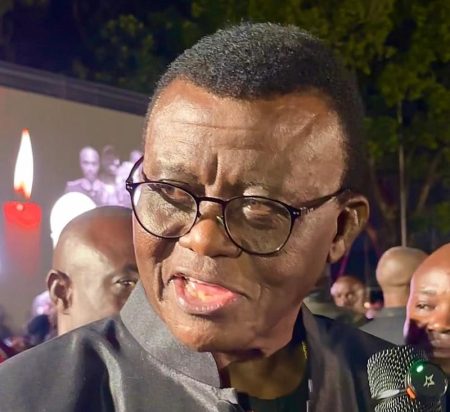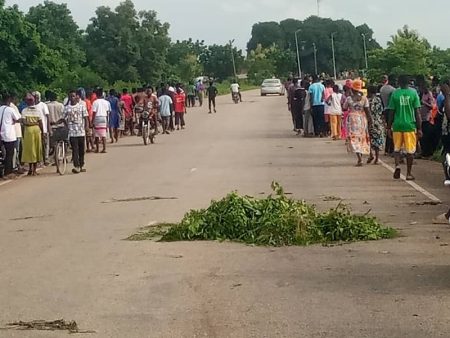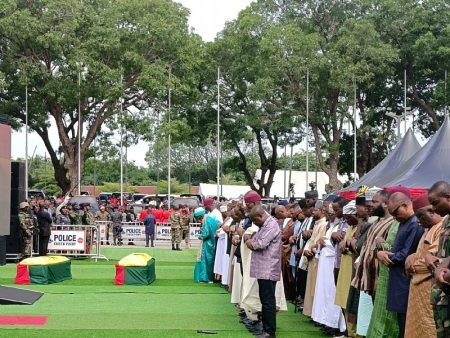The recent decision by President John Mahama to abolish fuel allowances for political appointees has sparked a heated debate between the ruling National Democratic Congress (NDC) and the opposition New Patriotic Party (NPP). The President’s directive, issued on July 15th, aims to curb government expenditure and channel the saved funds into critical sectors of the Ghanaian economy. This move comes as part of a broader effort to streamline government operations and prioritize resource allocation towards development initiatives. While the government touts the move as a significant step towards fiscal responsibility, the NPP has dismissed it as a mere public relations stunt lacking sincerity and concrete impact.
Felix Kwakye Ofosu, Minister of State in charge of Government Communications, vehemently defended the President’s decision, characterizing the NPP’s criticism as illogical and an attempt to undermine crucial fiscal reforms. He questioned the rationale behind opposing a measure designed to save public funds and redirect them towards priority areas. Ofosu emphasized the necessity of eliminating needless expenditures and praised the President’s proactive approach in implementing this cost-cutting measure. He further highlighted the consistency of this decision with President Mahama’s previous actions to reduce the size of government, including a significant reduction in ministerial appointments compared to the previous NPP administration.
The NPP’s demand for the closure of fuel depots at the Jubilee House and the Osu Castle, as part of the directive, was also met with strong criticism from Kwakye Ofosu. He deemed the demand senseless, asserting that the Jubilee House fuel station was already non-operational and that officials were denied access to fuel at the Osu Castle depot following the President’s directive. He maintained that the policy would result in substantial savings, amounting to millions of Ghana cedis, and urged the NPP to refrain from trivializing government efforts aimed at safeguarding public finances.
The core of the disagreement lies in the perception of the policy’s impact and the government’s underlying intentions. The government presents the elimination of fuel allowances as a concrete measure to free up resources for critical development projects, reflecting a commitment to fiscal prudence and efficient resource allocation. Conversely, the NPP views the policy as a superficial gesture lacking genuine commitment to fiscal responsibility. They demand greater transparency regarding the expected savings and question the government’s overall approach to economic management. This difference in perspective underscores the ongoing political tension between the ruling party and the opposition, with each side vying to secure public support and influence the narrative surrounding economic policy.
The debate surrounding the fuel allowance abolition also highlights the broader challenges facing the Ghanaian economy. Issues of wasteful spending, resource allocation, and the need for fiscal discipline have been recurring themes in the political discourse. The government’s efforts to address these challenges through measures like the fuel allowance cut are met with skepticism by the opposition, which calls for more comprehensive and impactful reforms. This dynamic reflects the broader political and economic context within which policy decisions are made and debated.
The outcome of this policy, and its ultimate impact on the Ghanaian economy, remains to be seen. The government’s ability to effectively channel the purported savings towards crucial development initiatives will be a key factor in determining its success. Furthermore, the public’s perception of the policy’s impact and the government’s overall economic management strategy will likely play a significant role in shaping future political discourse and influencing the trajectory of economic policy in Ghana. The ongoing debate between the NDC and the NPP underscores the importance of transparency, accountability, and effective communication in building public trust and fostering confidence in the government’s economic agenda.














